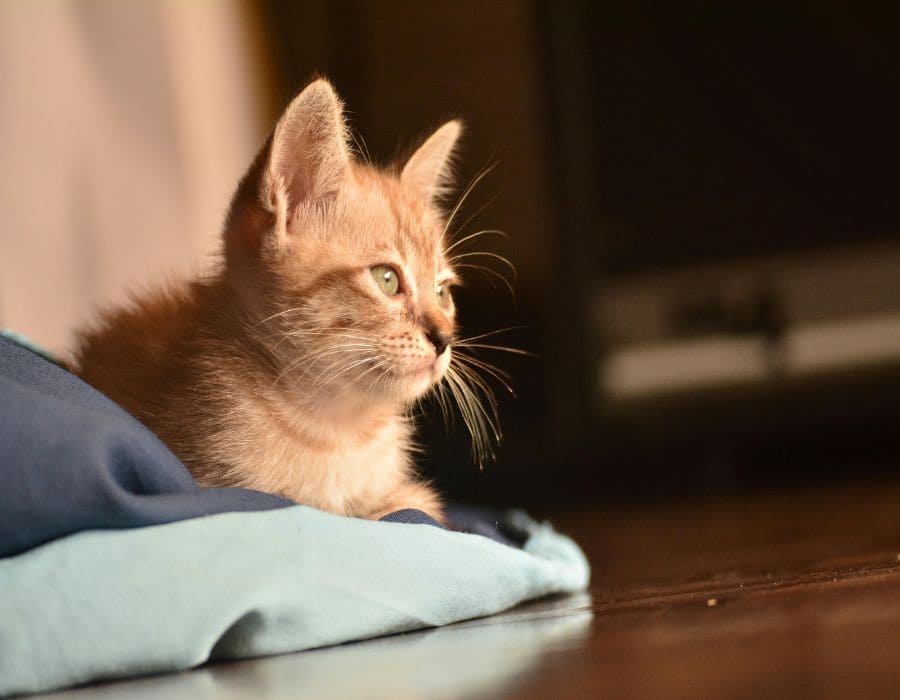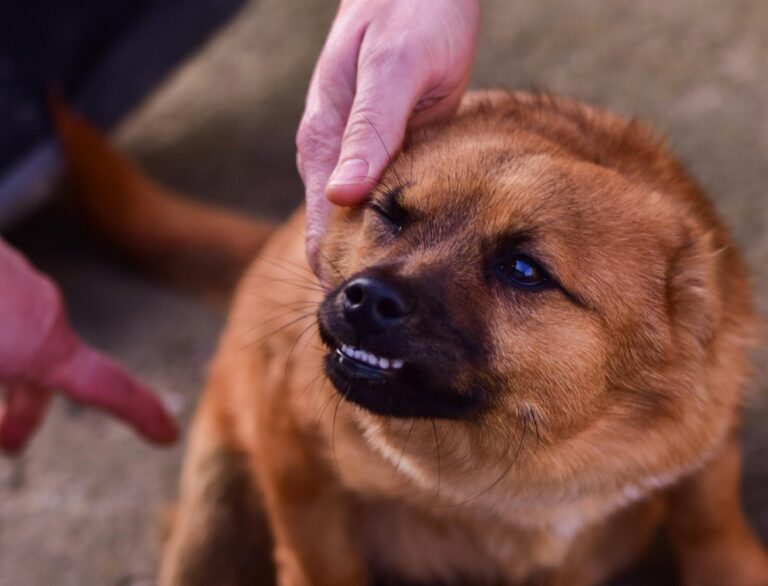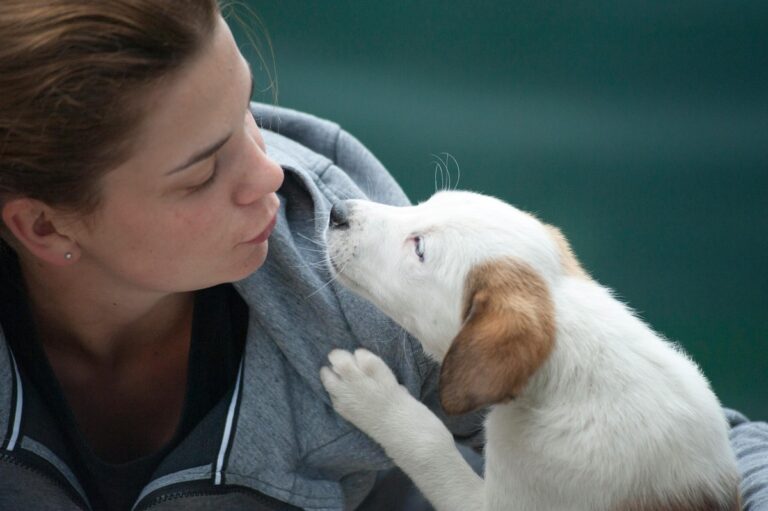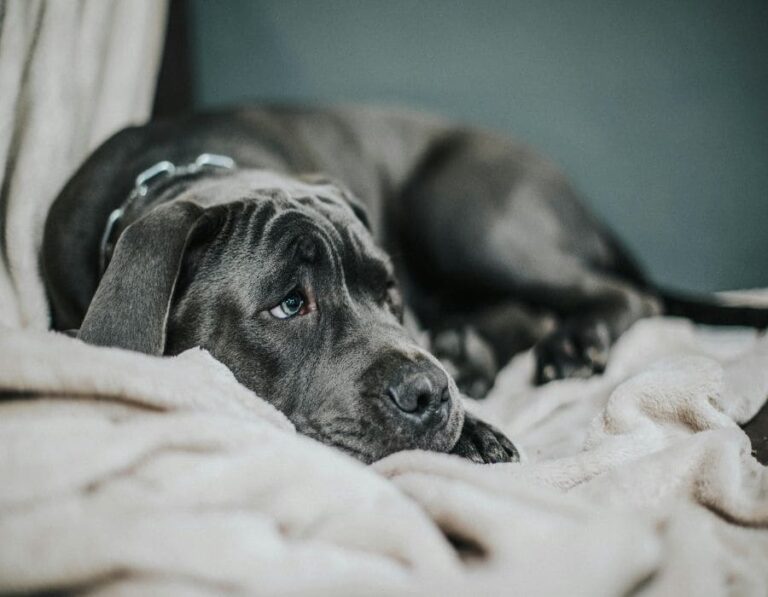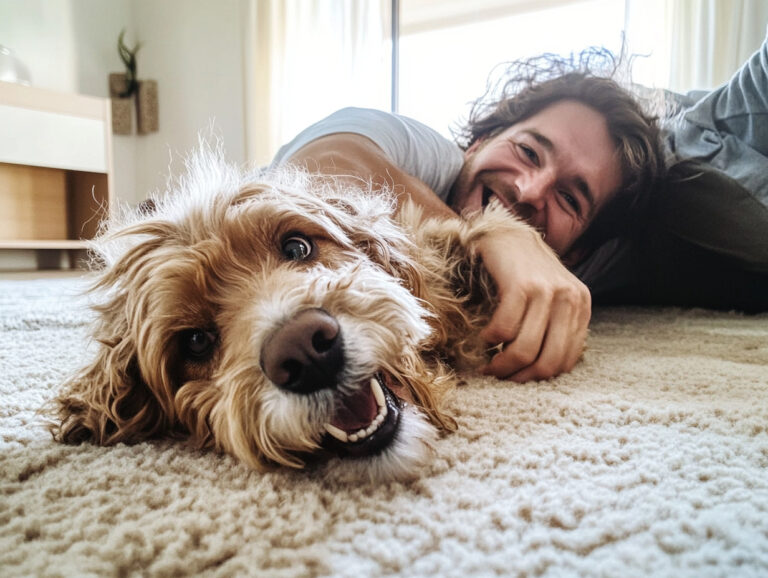10 Household Hazards You Didn’t Know Could Harm Your Cat
Cats are naturally curious creatures, and their adventurous spirit can sometimes get them into trouble. While most cat owners know to keep toxic foods and chemicals out of reach, some everyday items pose hidden dangers that might not be so obvious.
From common household plants to unexpected materials, your home might be filled with risks you never considered. Let’s dive into the top 10 hidden household hazards that could harm your feline friend and how to keep them safe.
Salt Lamps
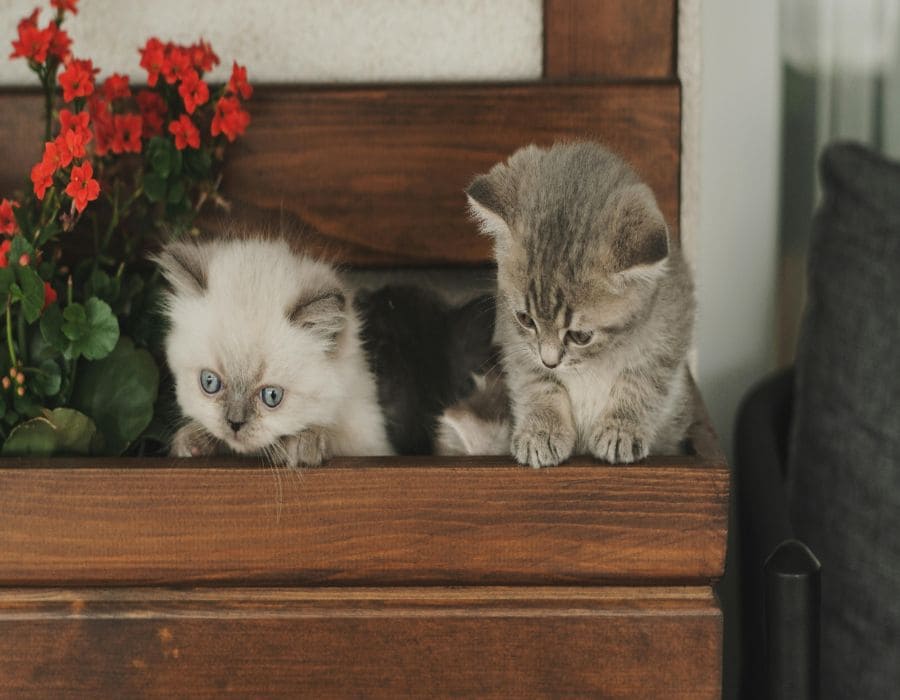
While these trendy lamps add a warm glow to any room, they can be dangerous for cats. If a curious cat licks the salt, it can lead to salt toxicity, causing vomiting, seizures, or even death. Always keep them out of reach to prevent accidents.
Fabric Softeners
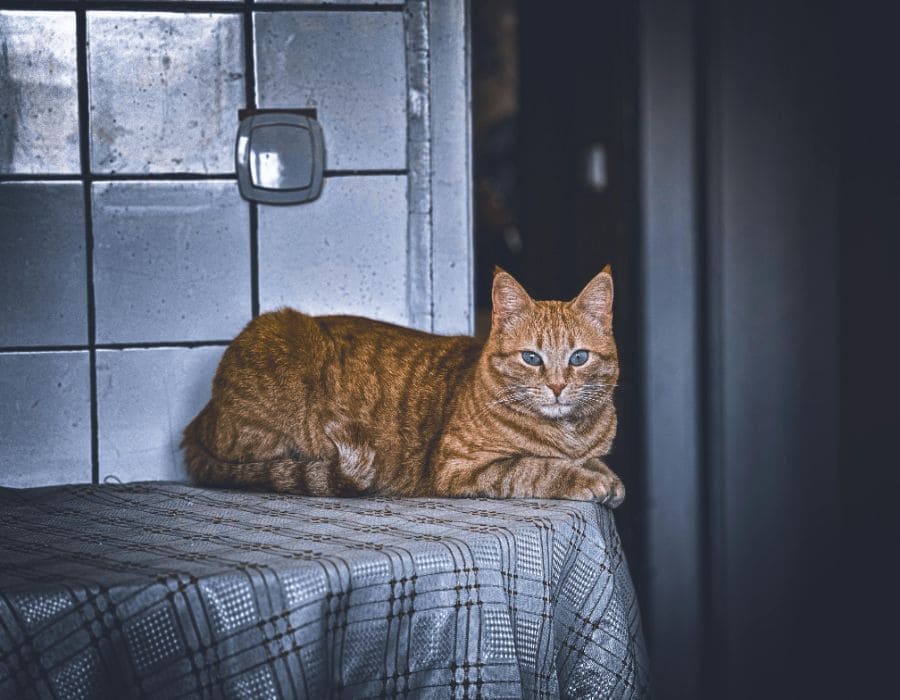
Those fresh-smelling dryer sheets contain cationic detergents, which can cause severe gastrointestinal upset and chemical burns if ingested. Cats may be drawn to the scent or the soft texture, so always store used and unused sheets in a secure location.
Human Toothpaste
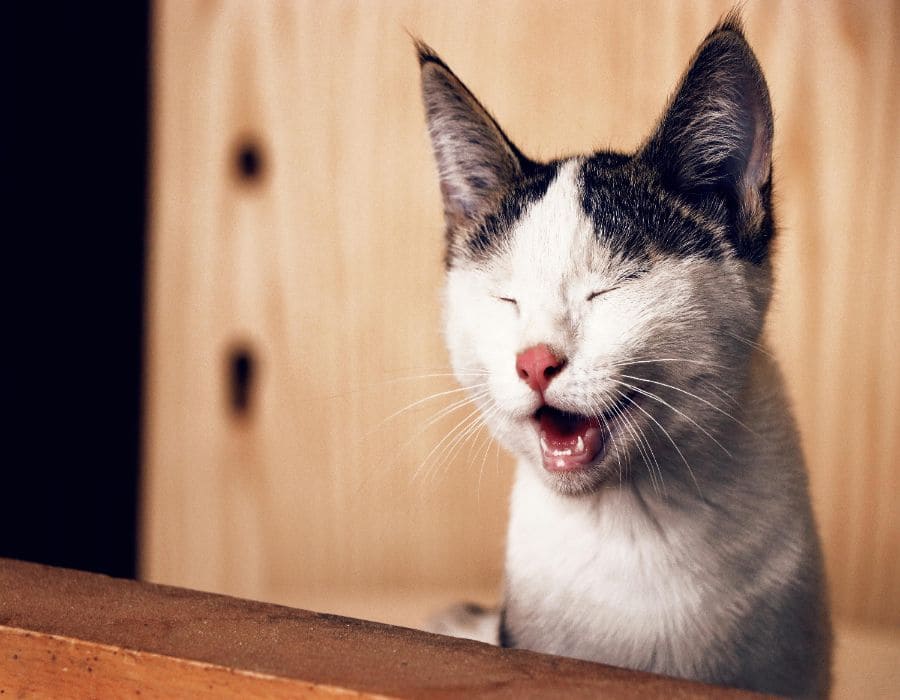
While brushing your teeth is essential for you, human toothpaste can be toxic to cats. Many brands contain xylitol or fluoride, both of which can lead to vomiting, tremors, and even organ failure. Stick to cat-safe toothpaste for your feline’s oral care.
Liquid Air Fresheners
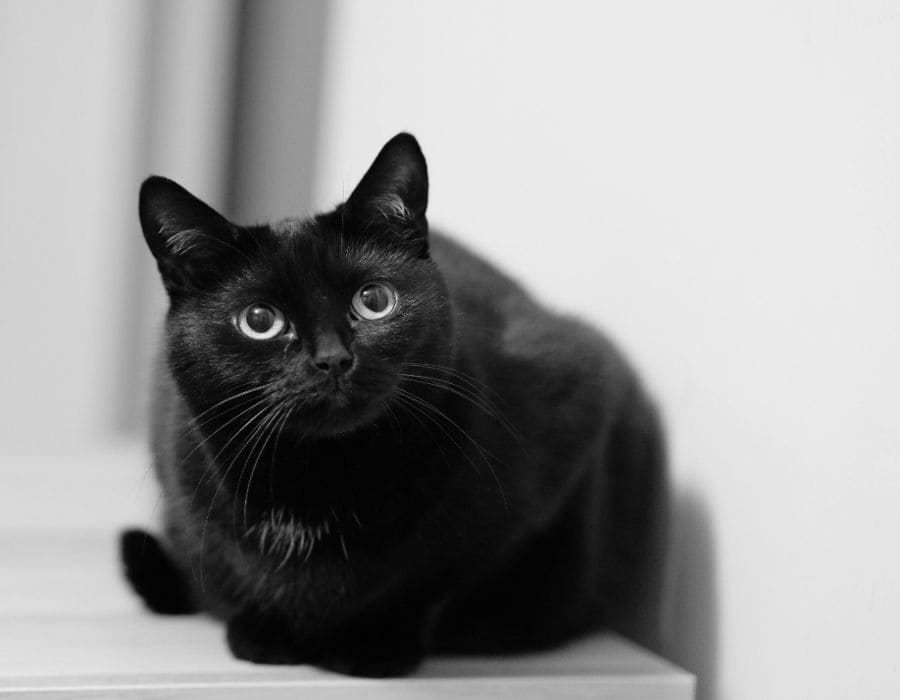
Those plug-in or reed diffuser air fresheners can emit essential oils and chemicals that irritate a cat’s respiratory system. Prolonged exposure may lead to coughing, sneezing, or even poisoning. Choose pet-safe air fresheners or rely on natural ventilation instead.
Potpourri and Scented Oils
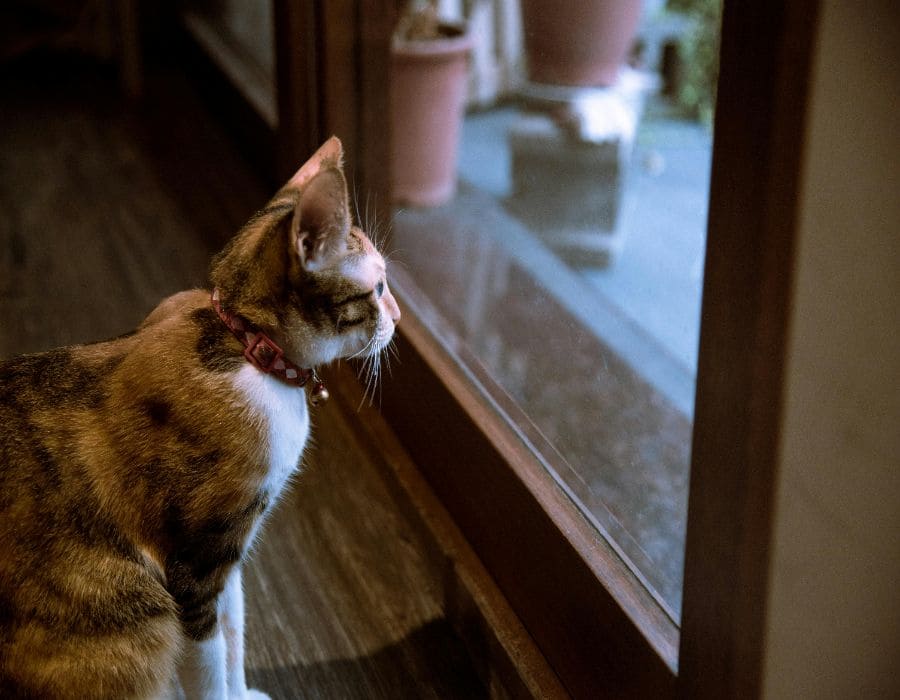
Potpourri can seem harmless, but many varieties contain toxic plants and oils that can be harmful if licked or ingested. Additionally, the oils can irritate the skin or cause chemical burns. Keep decorative scented items well out of your cat’s reach.
Glow Sticks and Glow Jewelry
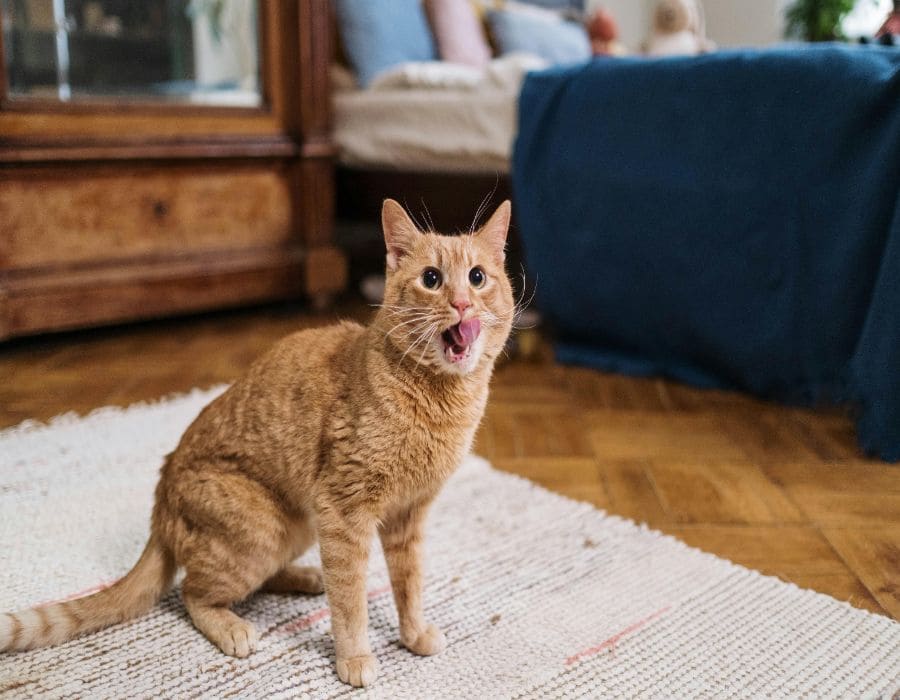
Cats might be intrigued by the glowing light and chew on these items. The liquid inside glow sticks and jewelry contains dibutyl phthalate, which can cause drooling, foaming at the mouth, and stomach irritation. Keep these novelty items safely stored away.
Tinsel and Ribbons
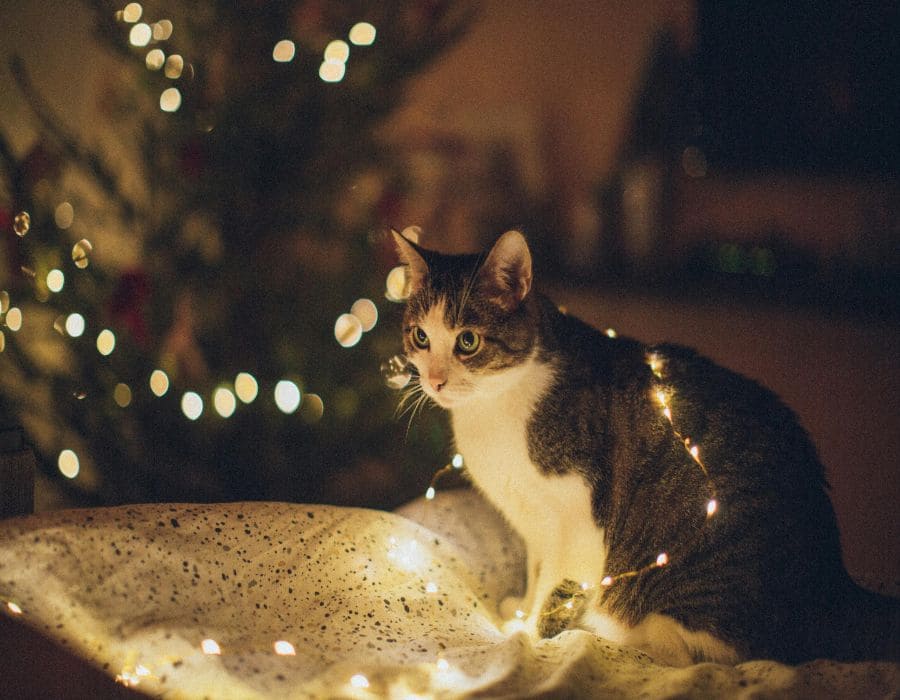
Cats are naturally drawn to shiny, dangling objects. Tinsel and ribbons may seem like fun playthings, but if ingested, they can cause intestinal blockages and require emergency surgery. Swap them out for safer decorations or toys designed for cats.
DIY Cleaning Solutions
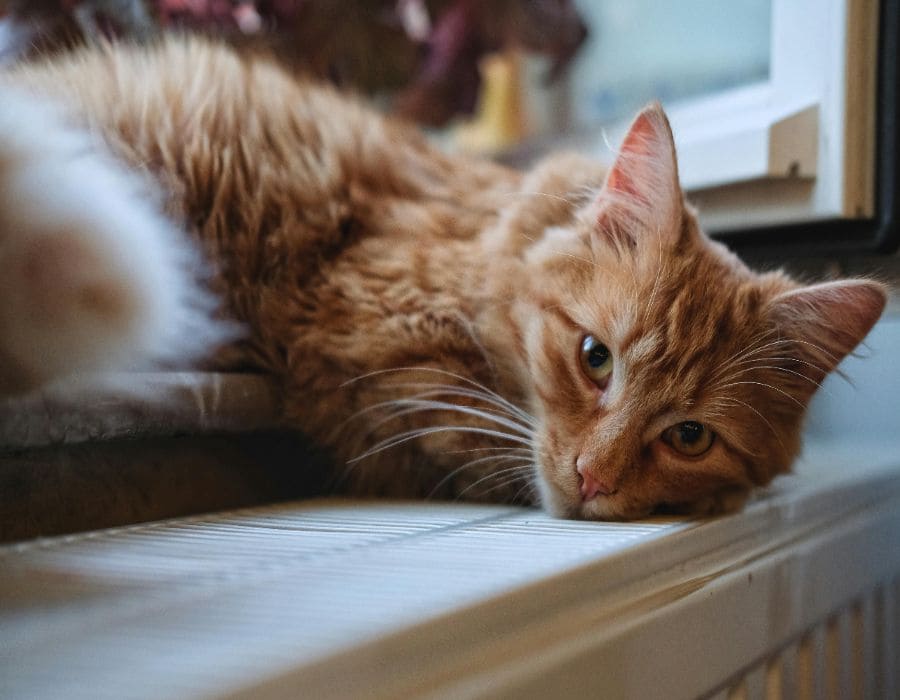
Some homemade cleaners contain ingredients like vinegar, baking soda, or essential oils. While natural for humans, they can cause skin irritation or gastrointestinal distress in cats if they come into contact or ingest residue. Always wait for a while before letting your cat enter a freshly-cleaned spot.
Pesticide-Contaminated Shoes
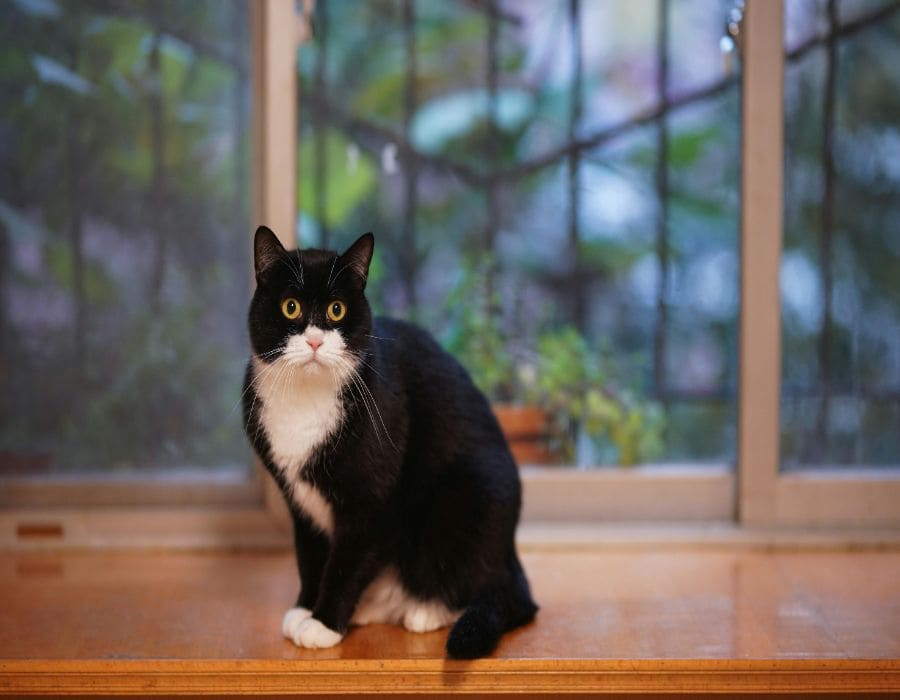
If you use garden pesticides, your shoes may carry harmful residues inside. Cats that rub against or lick your shoes could ingest these chemicals, leading to poisoning or skin reactions. Leave treated shoes outside or wipe them down before bringing them in.
Unsecured Trash Cans
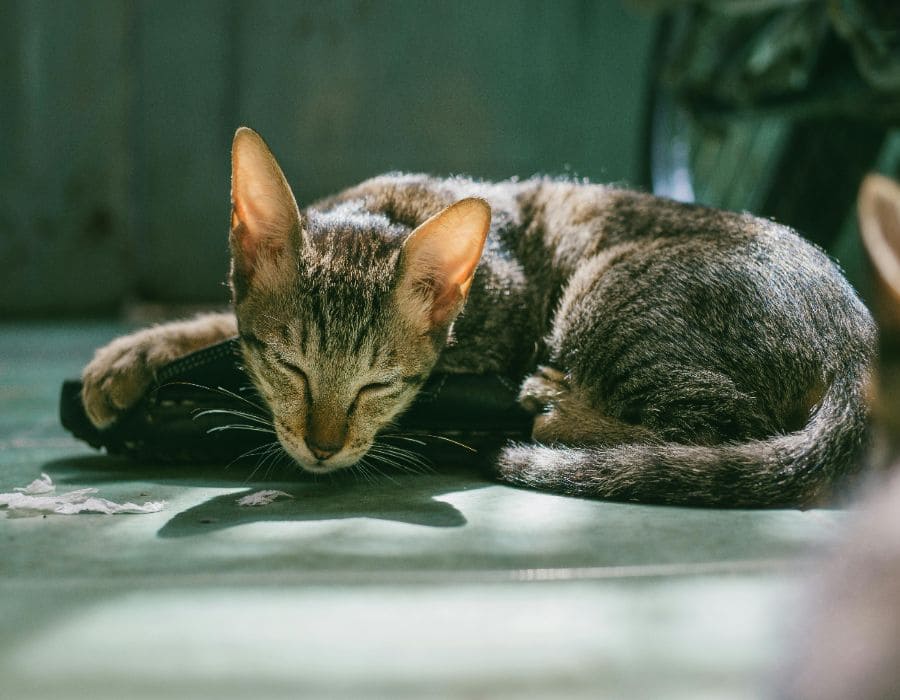
Trash cans can contain a mix of dangerous substances like food scraps, chemicals, or sharp objects. A curious cat may knock one over and rummage through it, risking ingestion or injury. Invest in pet-proof lids or store bins in enclosed areas.
Final Thoughts
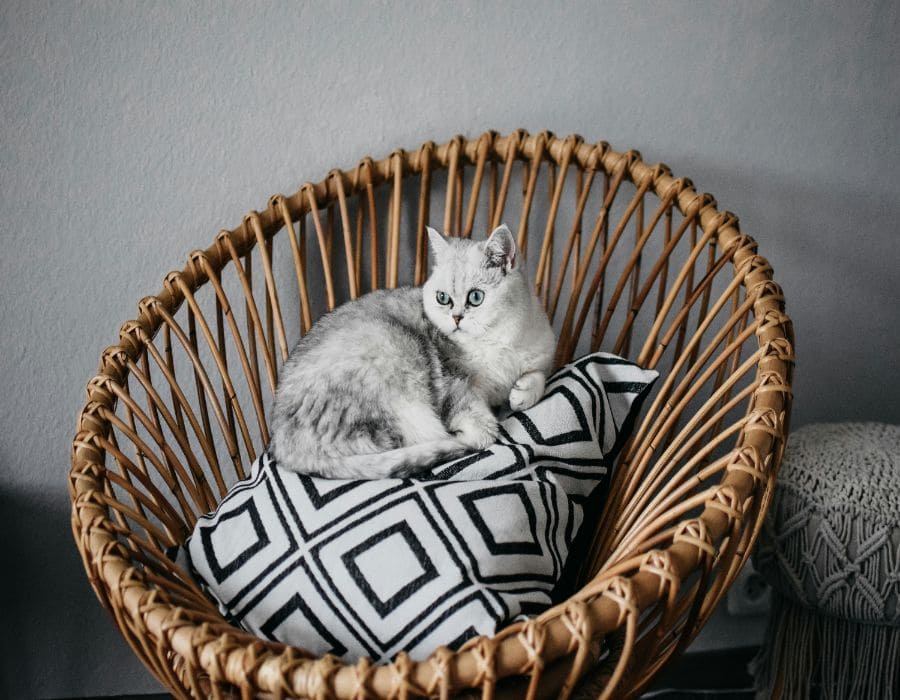
Keeping your cat safe means being mindful of unexpected household hazards. By identifying and addressing these risks, you can create a more secure environment for your feline friend. Always stay vigilant and proactive when it comes to cat-proofing your home.

